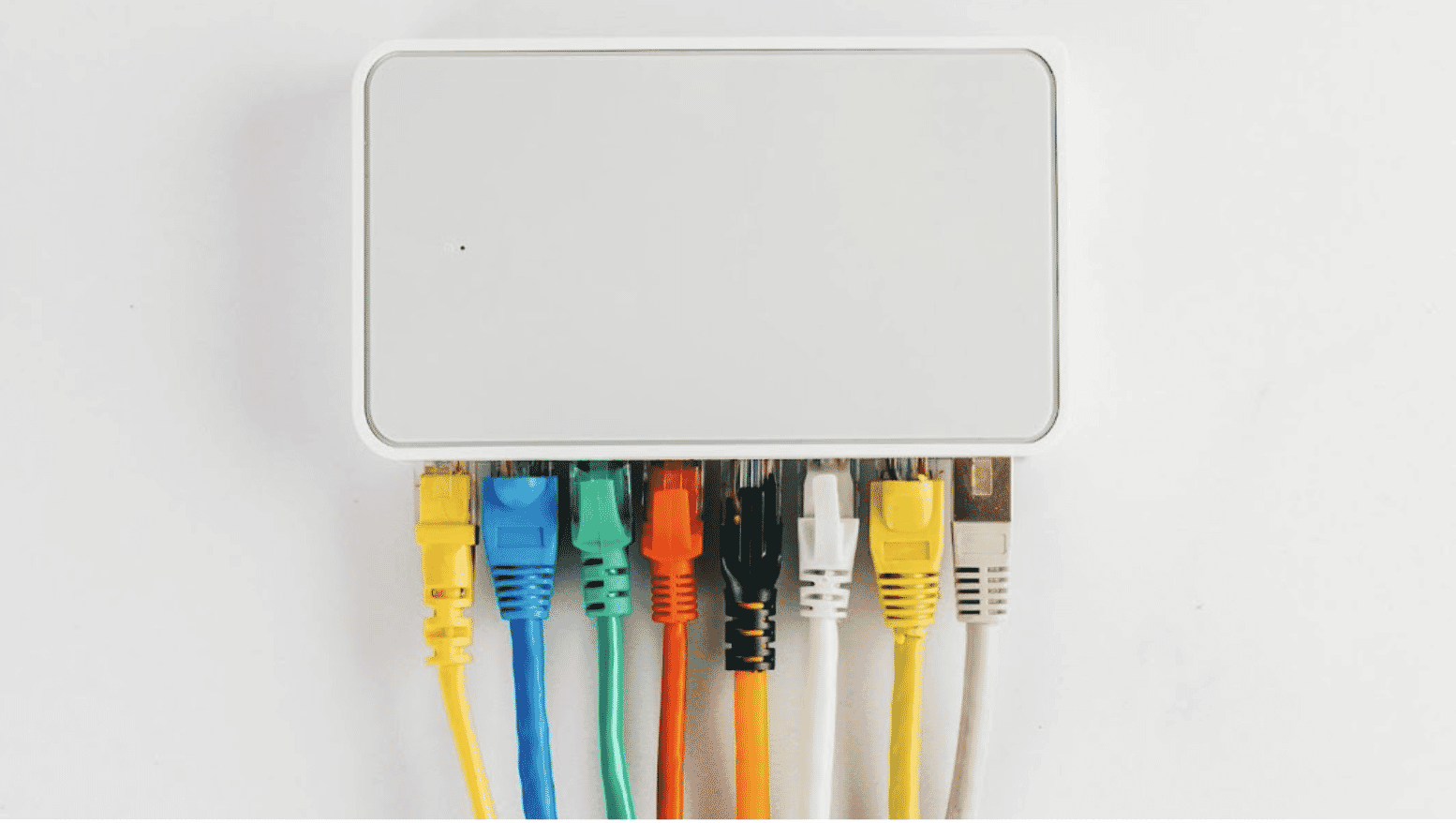Understanding RJ45 Color Codes in Cat 5 and Cat 6 Wire and Cables

In the world of network cabling, accuracy matters. The reliability and efficiency of an Ethernet network largely depend on the proper installation and configuration of cables. One critical aspect that installers and technicians must understand is the RJ45 color codes. These color codes ensure that Ethernet cables are correctly wired, leading to optimal network performance.
We have always remained dedicated to providing our clients with top-quality cabling solutions and comprehensive support when shopping. This is a closer look at the standards and conventions behind RJ45 color codes to make better purchasing decisions later on.
Understanding RJ45 Color Codes
RJ45 connectors are the standard connectors used for Ethernet networking. The color codes associated with these connectors are crucial for correctly wiring Ethernet cables, making sure that data is transmitted efficiently and without interference. These color codes are standardized, following specific guidelines to maintain consistency and compatibility across different devices and networks.
Color coding in Ethernet cables primarily aims to identify the correct pin configurations, vital for data transmission and power delivery in Power over Ethernet (PoE) applications. The RJ45 color codes help technicians quickly and accurately identify the purpose of each wire within the cable, reducing the risk of errors during installation and maintenance.
The history of RJ45 color codes dates back to the development of Ethernet standards, where organizations like the Telecommunications Industry Association (TIA) and the Electronic Industries Alliance (EIA) established guidelines to standardize network cabling. These standards ensure that cables and connectors are universally compatible, facilitating reliable and efficient network setups.
Cat 5 Color Code
The Cat 5 color code is essential knowledge for anyone working with older or simpler network installations. While gradually being replaced by newer standards, Cat 5 cables are still widely used in many installations. The TIA/EIA-568A and TIA/EIA-568B are the two primary standards for wiring Cat 5 cables, each with its specific color coding scheme.
- TIA/EIA-568A Standard:
- 1. White/Green
- 2. Green
- 3. White/Orange
- 4. Blue
- 5. White/Blue
- 6. Orange
- 7. White/Brown
- 8. Brown
- TIA/EIA-568B Standard:
- 1. White/Orange
- 2. Orange
- 3. White/Green
- 4. Blue
- 5. White/Blue
- 6. Green
- 7. White/Brown
- 8. Brown
Understanding and using the correct Cat 5 color code ensures that your wiring is consistent and reliable, reducing the likelihood of connectivity issues.
Cat 6 Wire and Cable Color Codes
With the increasing demand for higher data transfer rates and improved network performance, Cat 6 cables have become the standard for many new installations. Cat 6 wire and cable offer superior performance compared to Cat 5, supporting higher frequencies and faster data rates. The color codes for Cat 6 cables follow the same TIA/EIA-568A and TIA/EIA-568B standards as Cat 5 cables but with enhanced specifications to handle the increased performance requirements.
The color codes for Cat 6 cables are:
- TIA/EIA-568A Standard:
- 1. White/Green
- 2. Green
- 3. White/Orange
- 4. Blue
- 5. White/Blue
- 6. Orange
- 7. White/Brown
- 8. Brown
- TIA/EIA-568B Standard:
- 1. White/Orange
- 2. Orange
- 3. White/Green
- 4. Blue
- 5. White/Blue
- 6. Green
- 7. White/Brown
- 8. Brown
These color codes ensure that Cat 6 cables are correctly wired, facilitating their high-speed data transmission capabilities. The increased performance of Cat 6 cables makes them ideal for modern, high-performance networks that require reliable and fast connectivity.
Importance of Adhering to Standards
The color code RJ45 standards for Cat 5 or Cat 6 wire and cable are designed to maintain consistency and compatibility across different devices and network components.
Not obeying these standards can result in various issues, from intermittent connectivity problems to complete network failures. Miswiring cables can lead to data transmission errors, increased electromagnetic interference, and even potential damage to network equipment.
By following the TIA/EIA-568A or TIA/EIA-568B standards, technicians and installers can have confidence that their network installations are reliable, efficient, and capable of meeting modern data transmission requirements. Correctly wired cables minimize the risk of network downtime and ensure that all devices communicate effectively, providing a steady foundation for any Ethernet network.
We are committed to supporting installers and technicians with high-quality products and comprehensive resources to ensure successful network setups. Whether you are dealing with Cat 5 color code or Cat 6 wire and cable, following these standards will enhance your installation practices and ensure optimal network performance.
Making RJ45 Color Codes Make Sense
Understanding and properly implementing RJ45 color codes is a big step for anyone involved in Ethernet cable installations. Whether dealing with Cat 5 color code or Cat 6 wire, following the correct standards allows your network to perform reliably and efficiently. We are committed to providing the highest quality cabling solutions and support to help you achieve the best results.
Visit our Category Cables product page to explore our current offerings. Contact us today for complete cabling solutions. Trust us to provide a complete cabling solution to optimize your network operations and allow for the most efficient connectivity.